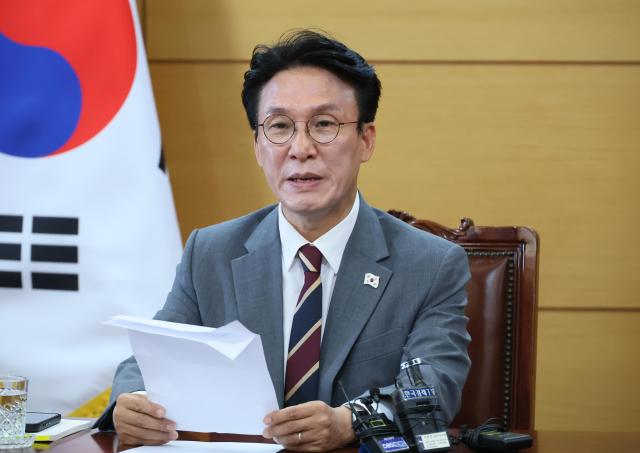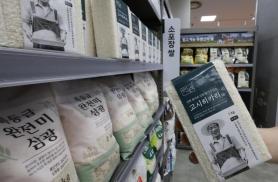
According to officials familiar with the issue, the meeting will take place in Seoul and will include representatives from the Korea Food Industry Association, the Korea Foodservice Industry Association, and the Ministry of Agriculture, Food and Rural Affairs.
The discussions come amid heightened political and public scrutiny over food costs, particularly for everyday staples.
On Tuesday, Kim told reporters that concerns over lunch prices and basic groceries are “deeply felt by the working population,” echoing remarks made earlier this week by President Lee.
“President Lee’s recent visit to the market and his comments on food and ramen prices were not offhanded,” Kim said. “He understands the pain that rising daily costs inflict on workers.”
On Monday, during an emergency economic task force meeting, President Lee publicly questioned why the price of a packet of instant noodles — a common and affordable meal for many — has climbed to nearly 2,000 won, or about $1.45. His comments underscored the administration’s concerns over persistent price pressures, despite a broader easing in inflation.
While South Korea’s overall consumer inflation fell into the 1 percent range last month — the first such dip in five months — processed food prices continued to rise, marking a 4 percent increase for the second consecutive month.
Dining-out costs also remained elevated. Combined, the two categories contributed 0.81 percentage points to last month’s 1.9 percent overall inflation rate — accounting for nearly half of the total.
Roughly 60 food and restaurant firms have raised prices over the past six months, prompting accusations that the sector has taken advantage of political uncertainty following the December martial law crisis to quietly push through price hikes.
Industry representatives are expected to argue that the increases were driven by unavoidable cost pressures, particularly from global raw material prices.
Some companies had postponed adjustments last year under government pressure, insiders say, and profit margins in the food sector remain relatively thin compared to other industries.
The outcome of Friday’s meeting may offer early clues about how the new administration plans to navigate the delicate balance between market forces and political accountability.
Copyright ⓒ Aju Press All rights reserved.




